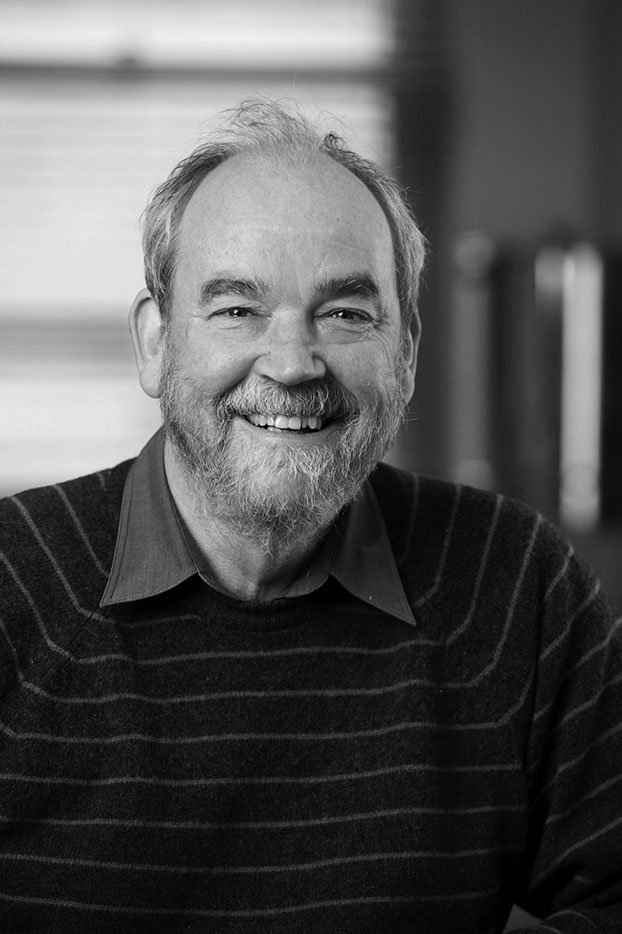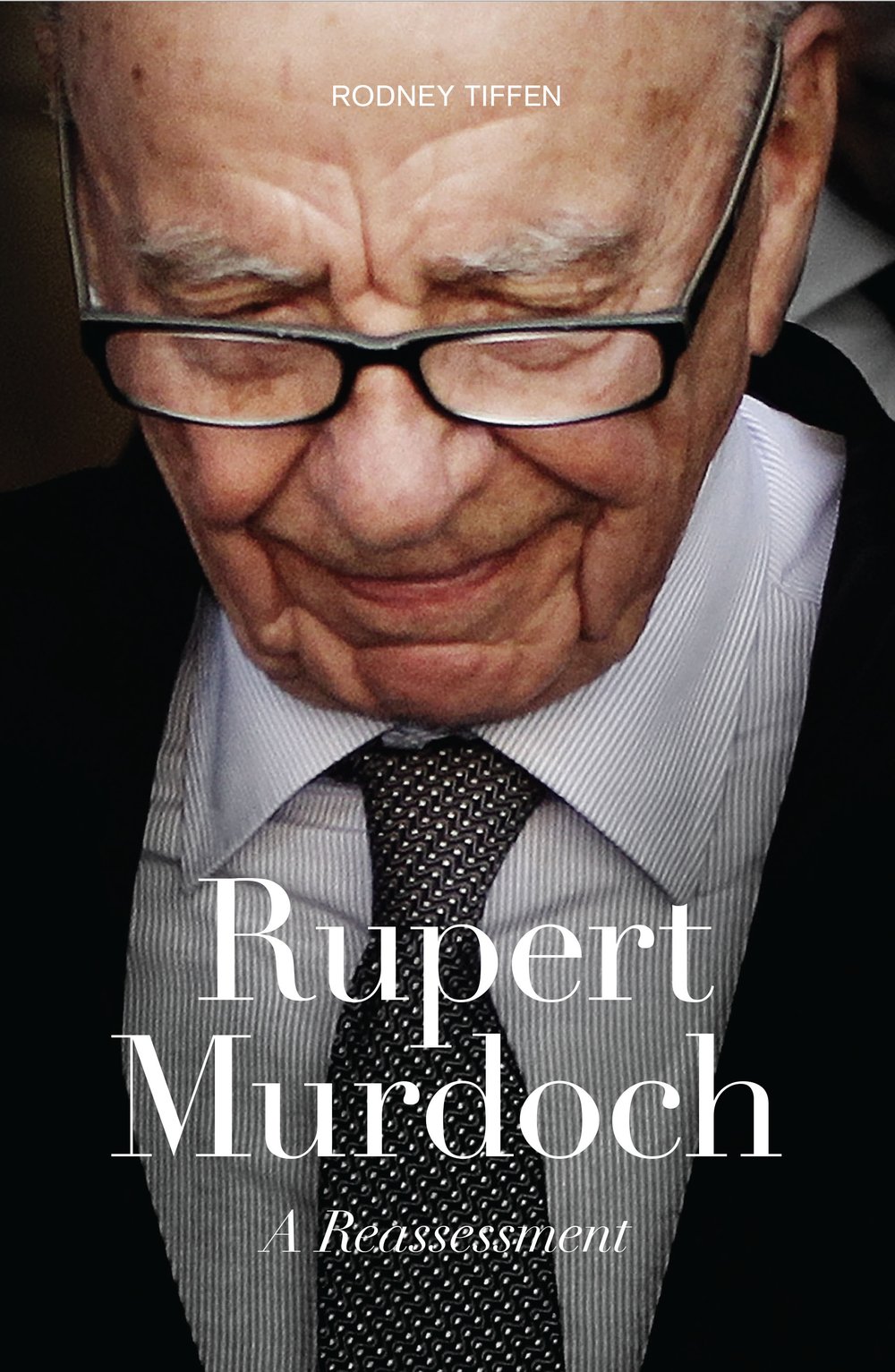The phone-hacking trial of Rupert Murdoch’s News International in London is reaching its halfway point, as the defence prepares to mount its case. Rodney Tiffen, author of Rupert Murdoch: A reassessment, examines the case so far.
It is half time at the long-running trial of former Murdoch executives Rebekah Brooks and Andy Coulson, and five others, on charges of phone hacking, bribery and destroying evidence. The long-anticipated trial finally began on 28 October last year, and the prosecution has now finished its case, with the defence to begin theirs on 17 February. It is difficult for all but the most determined observers to keep track of a long-running court case like this one. The day’s stories flow in different directions depending on which witnesses are testifying, and who is questioning them.
Three of the accused are on trial for phone hacking – Brooks (former editor of the News of the World and the Sun, then chief executive of News International), Coulson (deputy to Brooks at News of the World, and then editor, who resigned in early 2007) and Stuart Kuttner (managing editor of the News of the World). Ian Edmondson (news editor of News of the World) was also charged but his case was set aside in December because of ill-health; he will be tried by a different jury at a later date.
Brooks and Coulson also face bribery charges. Brooks is charged with authorising payments to a senior official from the Ministry of Defence (who has pleaded guilty to receiving the bribes) and to a member of the defence forces and his wife. Coulson, together with former News of the World royal editor Clive Goodman, is charged with bribing unidentified Palace police officers in order to obtain royal telephone directories. Goodman has already spent time in jail for hacking royal phones, and the charge is that obtaining these directories illegally was a step in facilitating that activity.
Finally, Brooks, her husband Charlie, her personal assistant and a senior security officer at News International, are charged with perverting the course of justice by destroying evidence.
Although the prosecution argues (and the defence teams agree) that the phone hacking victims numbered in the hundreds, only a few were called – including Jude Law and Sienna Miller. Earlier the prosecution had canvassed several other cases, including the one whose revelation had ignited the scandal in July 2011 – that of murder victim Milly Dowler. In addition, several Labour MPs and ministers had their phones hacked.
The core of the prosecution case has been carried less by personal testimony, and more by physical evidence from emails, phone transcripts, tapes and money transfers. From the records of News of the World’s specialist hacker, Glenn Mulcaire, for example, the jury was told that in a single month, April 2006, four royal aides had been hacked a total of 296 times, or nearly ten royal hacks a day. Some of the internal emails are explosive: Goodman wrote to the managing editor about the need to pay two uniformed sources in cash, and ‘we – them, you, me, the editor – would all end up in jail if anyone traced their payments’. In another email, Andy Coulson directed a journalist to ‘do his phone’ when trying to do a story about Calum Best, son of the star footballer George Best.
A sideshow to the principal scandals – although one potentially carrying custodial sentences – involves the destruction of evidence. Laptop computers, mobile phones, notebooks and emails have all been systematically eliminated.
The extent of the editors’ knowledge and ignorance is the central question to be decided by the jury. Murdoch’s newspapers have the reputation of being stingy employers who count every penny. Yet the payments to its private investigators and for its bribes possibly totalled almost half a million pounds a year. Many sensitive and dangerous stories came from the phone intercepts, and it would be a brave editor who ran such risks based simply on trust without wanting to know the basis for them. As the prosecutor told the jury, ‘you will have to decide whether this could happen without the editor knowing’.
Over the next few months, the defendants will mount their cases, but at the end of the trial that question will still be central.
This is an edited extract from an article in Inside Story (click here for full version). Rodney Tiffen’s book Rupert Murdoch: A reassessment was published in February 2014 by NewSouth.



